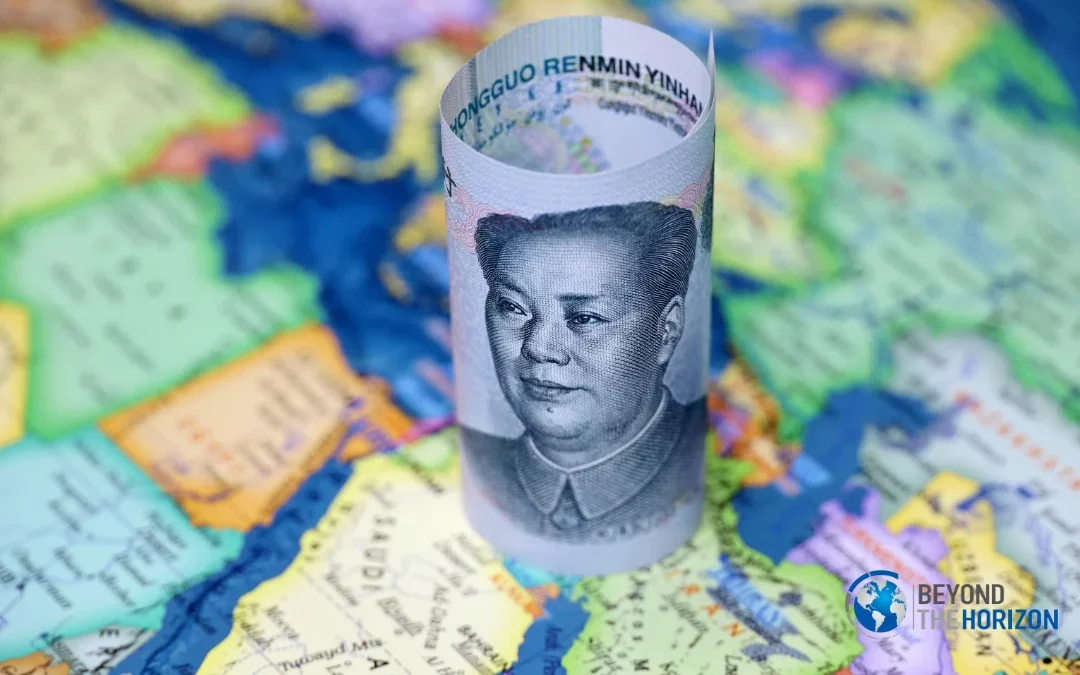The Middle East, a region rich in energy resources, is strategically important for global powers. As the world’s largest oil importer, China has steadily increased its influence in the area. This influence is driven by China’s energy needs and diplomatic efforts, as evidenced by its mediation role between Saudi Arabia and Iran and the UAE’s withdrawal from the US-led combined naval task force in the Persian Gulf.
The Middle East, which provides nearly half of China’s oil imports, has gained strategic importance, leading China to establish economic relationships and pursue cooperation agreements with various regional powers. These relationships and agreements span multiple sectors, including trade, infrastructure development, and technology exchange, further deepening China’s ties with the region.
China’s strategy includes actively mediating between Middle Eastern powers, positioning itself as a trusted partner, and serving as a peace broker. This approach allows China to avoid the complications faced by other major forces in the Middle East. It also enables China to maintain a positive image on the global stage as a country that promotes peace and stability. Meanwhile, regional powers are adapting to the changing power dynamics, recognizing the importance of cooperation for maintaining security and stability. This is evident in Iran’s recent announcement of a naval alliance with Saudi Arabia and other Gulf states, reflecting a growing recognition among regional countries that collective action is essential for addressing common challenges and maintaining regional stability.
China’s heavy reliance on Middle Eastern energy resources is critical to its regional engagement. China’s Belt and Road Initiative (BRI) significantly contributes to this engagement, aiming to improve connectivity and promote economic cooperation with countries along the Belt and Road. This initiative involves significant investments in infrastructure projects such as ports, railways, and pipelines, ensuring a steady supply of energy resources and creating opportunities for economic growth and development in the region.
China also establishes itself as a mediator in regional disputes, demonstrating its commitment to regional stability. A notable example of this is China’s involvement in brokering a deal between two long-standing rivals in the Middle East, Saudi Arabia, and Iran. China hopes to alleviate tensions, encourage dialogue, and ultimately contribute to regional peace and stability by bringing these adversaries to the negotiation table. This diplomatic mediation effort aligns with China’s broader interests of maintaining energy security and avoiding direct military involvement, which has historically led to complications for other global powers.
The United States, which has historically played a dominant role in the region, has taken note of China’s expanding influence. The UAE’s decision to withdraw from the U.S.-led combined task force protecting Gulf shipping reflects the changing dynamics and the potential for China to enhance its influence in the region. This shift in the balance of power has implications for the United States and regional powers such as Saudi Arabia and Iran, who have shown a willingness to exploit the competition between China and the United States for their benefit.
China’s growing influence in the Middle East, driven by its energy dependency and diplomatic engagement, has introduced a new dynamic in the region’s geopolitical landscape. The competition between China and the United States in the Middle East offers regional actors the chance to diversify their partnerships, reduce dependence on a single dominant power, and advance their interests. This competition has created a unique geopolitical landscape in which regional authorities can leverage their relationships with China and the United States to extract economic and geopolitical advantages. By skillfully leveraging this competition, regional powers can maximize financial gains and strategically shape the future dynamics of the region.
However, these actors must navigate this complex landscape with caution and foresight. While exploiting the competition can yield short-term benefits, overreliance on external powers carries inherent risks. Therefore, regional actors must maintain a balanced approach, avoiding excessive dependence on any single power and safeguarding their long-term interests. This involves careful diplomatic maneuvering, strategic planning, and a keen understanding of the shifting power dynamics.
As the competition between China and the United States unfolds in the Middle East, regional powers play a vital role in shaping events. Their ability to navigate this intricate landscape will determine how much they can benefit from the competition and secure their own economic and geopolitical objectives. By carefully maneuvering within this evolving dynamic, regional powers can position themselves strategically and contribute to the overall stability and prosperity of the Middle East.
In the final analysis, the rise of China in the Middle East presents challenges and opportunities for regional powers. While the rise of China introduces a new player in the region’s complex geopolitical game, it also opens up opportunities for economic growth, diplomatic leverage, and strategic partnerships. How regional powers navigate this changing landscape will significantly influence the future of the Middle East.

